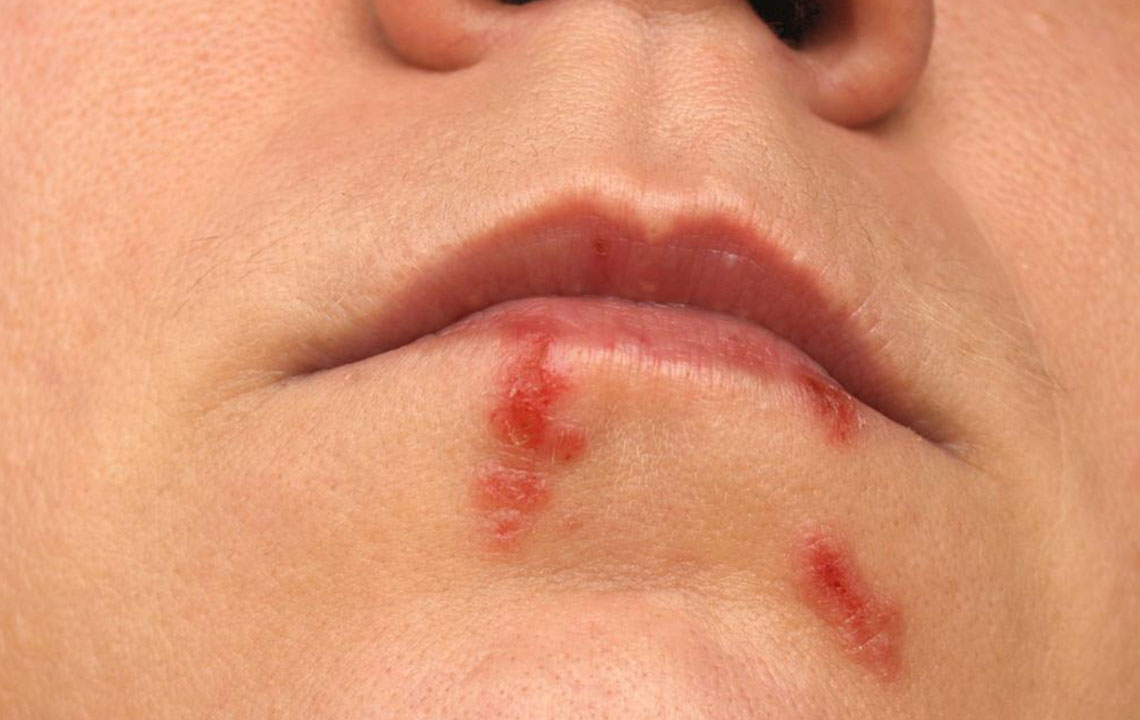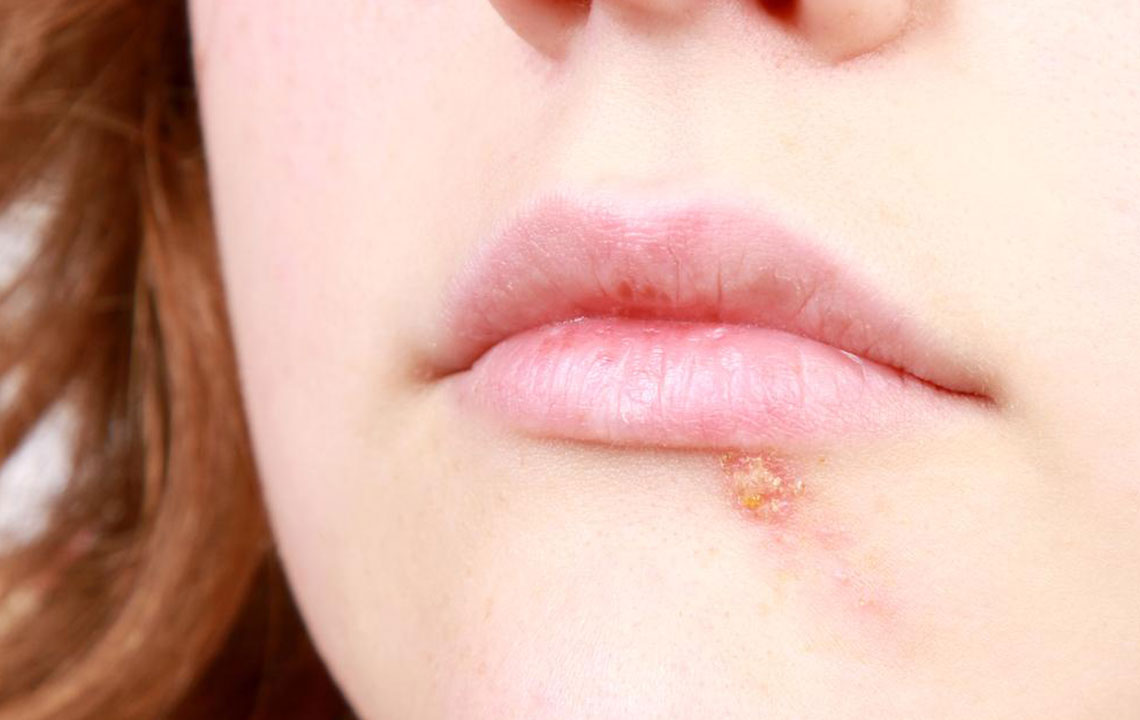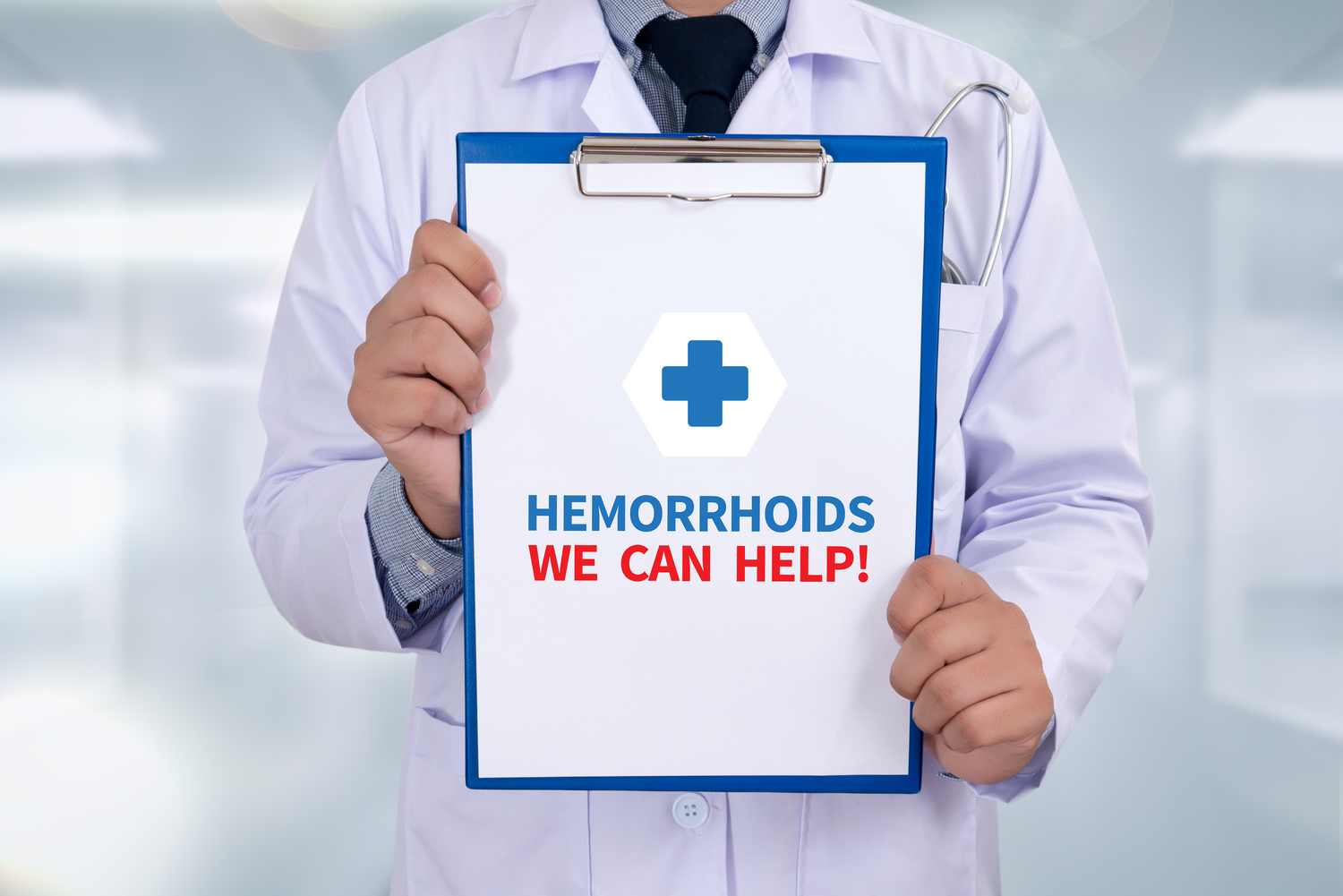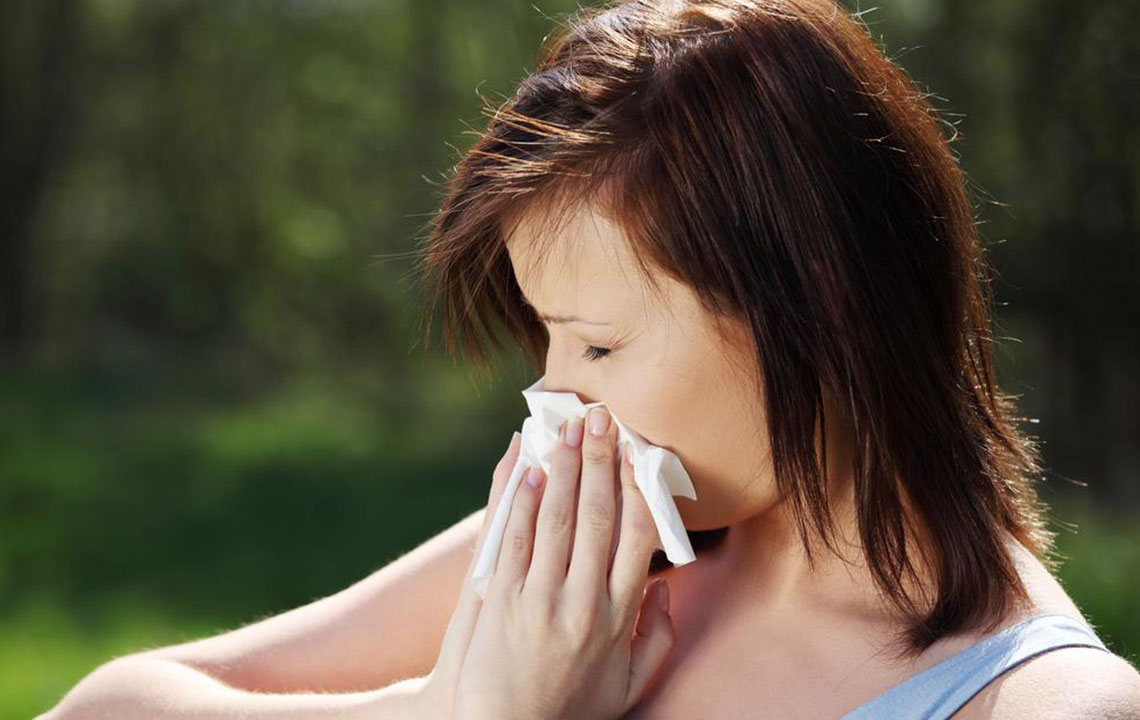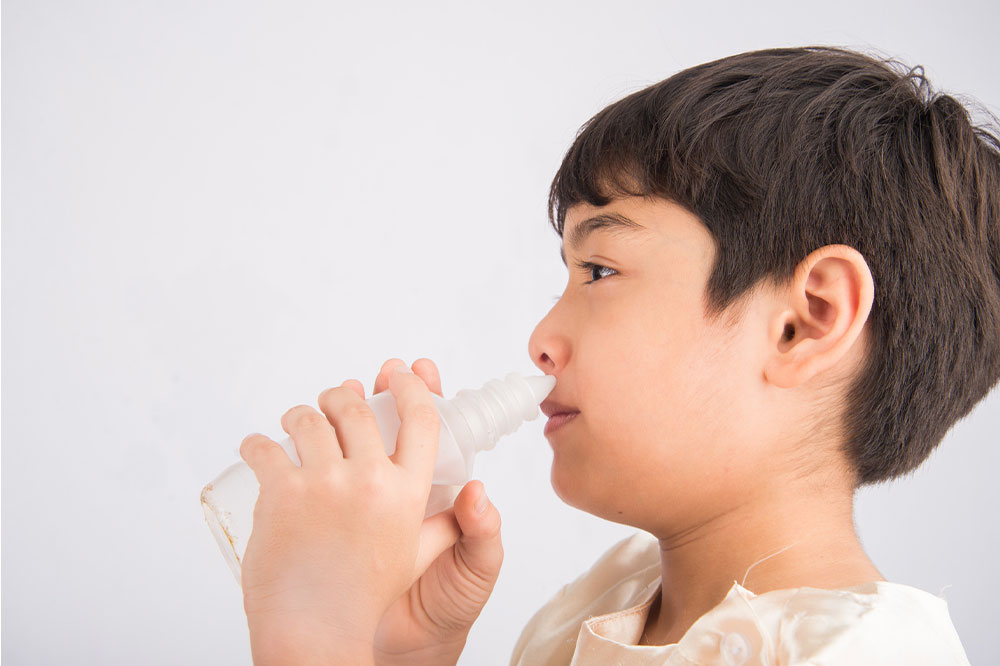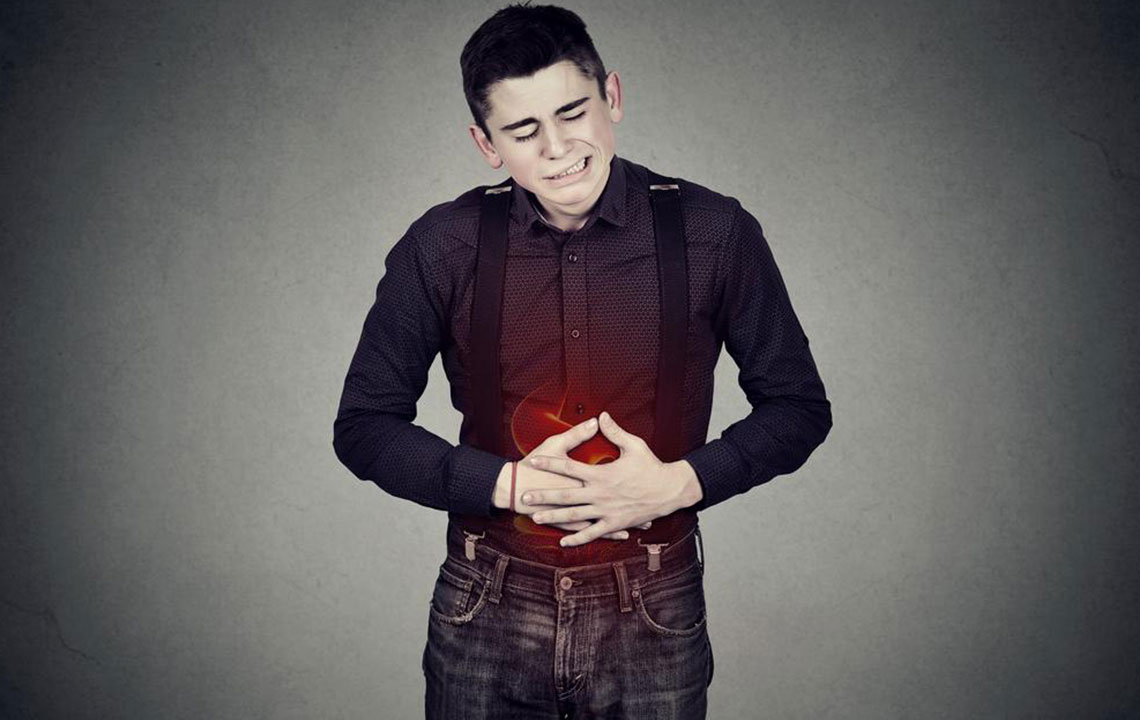Understanding Cold Sores: Causes, Symptoms, and Treatments
This article provides a comprehensive overview of cold sores, covering their causes, symptoms, stages, and effective treatments. Learn about antiviral options and home remedies to manage outbreaks and prevent future episodes effectively.
Sponsored
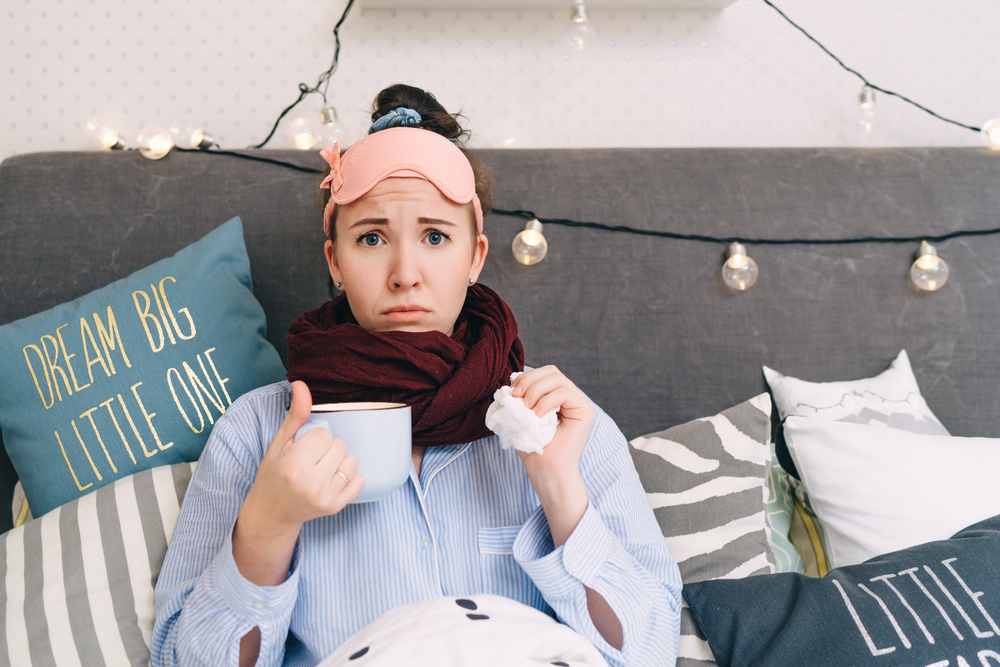
Everything You Need to Know About Cold Sores
Cold sores are blister-like lesions filled with fluid that typically appear around the lips or face, lasting up to two weeks or more. Rarely, they can occur on fingers, the nose, or inside the mouth.
Cold sores result from the herpes simplex virus, which spreads through close contact like kissing, hugging, or sharing utensils, even when sores aren’t visible. Although no cure exists, antiviral medications can manage outbreaks and reduce recurrence frequency.
What Causes Cold Sores?
They are caused by the herpes simplex virus.
Herpes simplex includes two types: HSV-1, responsible for cold sores, and HSV-2, which causes genital herpes.
The virus stays dormant in the body even after healing, reactivating under stress or illness.
Outbreaks can occur unpredictably, especially when immunity weakens.
Symptoms of Cold Sores
Early signs include tingling or burning sensations on the lips or face.
Red, fluid-filled blisters appear, often painful to touch.
Additional symptoms may include fever, muscle aches, and swollen lymph nodes, mainly in the neck.
Stages of Cold Sores
Stage 1: Tingling or itching occurs a day before blisters form.
Stage 2: Red blisters filled with fluid develop.
Stage 3: Blisters burst, forming painful red sores.
Stage 4: Sores dry out, causing itching and cracking.
Stage 5: Scabs fall off, and the sore heals.
These phases last approximately two weeks and are contagious until fully healed. First outbreaks may appear up to 20 days after virus exposure.
Managing Cold Sores
Topical treatments: Apply antiviral creams like penciclovir or docosanol to reduce pain and speed healing. Use 4-5 times daily for best results.
Oral medications: Doctors may prescribe antiviral drugs such as acyclovir or valacyclovir to control frequent or severe outbreaks.
Home Remedies for Cold Sores
Lemon balm: Lip balms with lemon balm can decrease redness and swelling, potentially preventing future outbreaks.
Ice: Applying cold packs can relieve pain and swelling.
Aloe vera: The anti-inflammatory properties soothe irritated skin during outbreaks.
Sunscreen: Using sunscreen on the lips may accelerate healing and prevent future flare-ups.
Stress management: Techniques like meditation and exercise reduce outbreak triggers.

